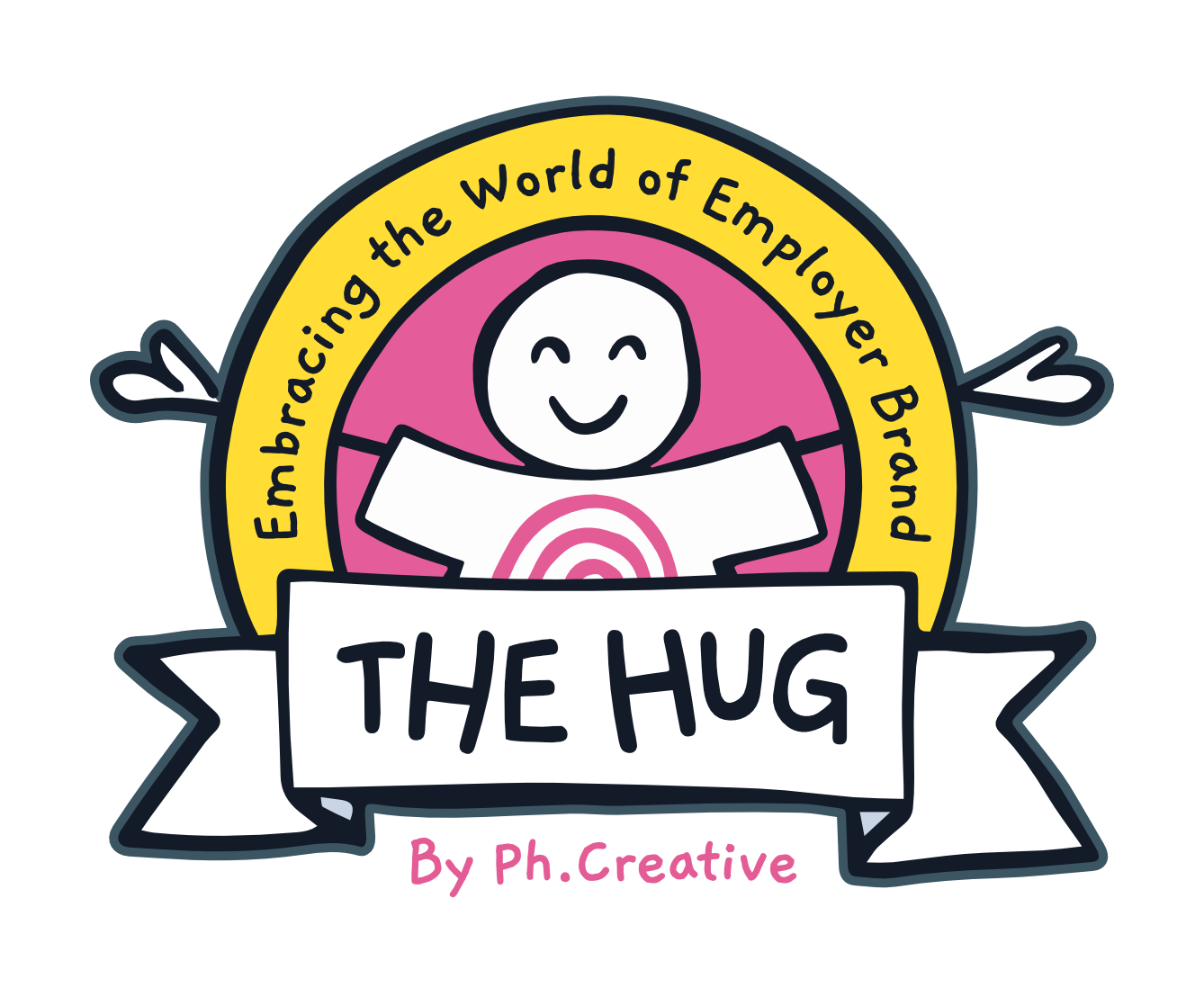Dragon's Den Star On how to add AI to Your Business
5 min read. Former Dragon's Den..dragon...Piers Linney has launched a new AI implementation project and shared his views on the future of AI at a recent gathering of business leaders. Here he offers some advice on adding AI to your organisation...
Former Dragon's Den..dragon...Piers Linney has launched a new AI implementation project and shared his views on the future of AI at a recent gathering of business leaders. Here he offers some advice on adding AI to your organisation...
If you didn’t already suspect as much, artificial intelligence is going to transform everything, and more profoundly than you think, according to serial entrepreneur, investor and former Dragon’s Den star, Piers Linney (that’s Shark Tank to our US friends).
His latest venture – Implementai.io – helps businesses integrate AI into their process with training, strategy, policy, and governance support to help develop an augmented workforce.
He believes that what we are experiencing right now is nothing less than the beginning of a fourth industrial revolution and the last with labour at its centre.
Furthermore, he states that future business models not built around AI will be obsolete.
Speaking at the recent Elite Business Live conference, Linney outlined how AI will profoundly disrupt industries, businesses, jobs and even nation states in the coming years. AI represents an exponential change in capability that will leave those slow to adapt utterly outmatched and uncompetitive, he says.
“I've been an investment banker, I spent my life modelling things, growing at 5%, decreasing at 5%, 10%, whatever. It's linear, we evolved to be linear beings, that's how we think. And our world hasn't changed much really, in 200,000 years.
“The first Industrial Revolution was about steam power, augmenting humans, and physical labour. And that was a massive change. Productivity grew massively, you saw economies grow, wealth was created.
“Then the second digital revolution, birth of consumerism, everything was electrified, the third industrial revolution of the internet, digital, essentially computers moved from mainframes to PCs, and now we are entering the stage of the Fourth Industrial Revolution. The revolution of artificial intelligence and artificial general intelligence will be the last human-only invention.”
How businesses use AI
Humans have mostly operated at the speed of incremental change and optimisation he argues. We think and evolve programs at a gradual rate that reflects our biological limitations. But AI follows an exponential curve, rapidly advancing and compounding its capabilities in ways our linear minds cannot fully grasp, he says.
“You've got probably five years until the AI competes with us for cognitive labour in terms of accessing key amounts of data understanding it, multitasking and being able to simulate that data with words, images, numbers, or text and video as well. And eventually, what you are going to see is this is going to go to creep into physical labour,” says Linney.
According to a Forbes Advisor survey, businesses are already using AI tools in the following ways:
- 56% are using AI to improve and perfect business operations.
- 51% are turning to AI to help with cybersecurity and fraud management.
- 47% harness AI tools in the form of digital personal assistants.
- 46% are using AI for customer relationship management.
- 40% are turning to AI for inventory management.
- 35% are leveraging AI for content production.
- 33% are using AI for product recommendations.
- 30% are turning to AI for accounting assistance and supply chain operations.
- 26% harness AI for recruitment and talent sourcing.
- 24% are using AI for audience segmentation.
AI driving change
Linney predicts it may even become illegal for humans to manually operate vehicles in urban areas due to the superiority of autonomous self-drive transport. Professions once thought to be insulated from automation - lawyers, surgeons, accountants - will be disrupted by AI tools that can take on expensive knowledge work far more efficiently. Increasingly, the premium skills for humans will be abilities that AI currently lacks like emotional intelligence and creativity. Something we touched upon here.
For businesses, entrepreneurs, and even nation states, AI represents both massive opportunity and existential risk. Those that successfully integrate and wield AI to augment their employees, operations and products could outperform competitors many times over.
“What you're going to see is more tangible evidence of artificial intelligence changing, shaping, and transforming our personal lives, lots of organisations, governments and even nation states. If you want to be competitive in the future, you have to really become an AI-assisted nation, not just an organisation.”
AI will enable ultra-personalisation of products, services, and marketing down to an individual level at scale he predicts. Imagine a personalised video message by a member of your team in any language, for each of your customers. It will allow companies to cut costs dramatically and find unseen insights in their data. Essentially, AI grants a temporary but powerful competitive asymmetry, he believes.
Linney posits a future where billion dollar 'unicorn' companies exist with fewer than five employees, powered by AI agents handling most of the functional roles.
“We all want to do more with less, you have a lot of leaders saying that there will be a billion-dollar business, a unicorn, with probably less than five employees. That is possible in the near future, because most employees, the ones crunching data, the ones talking to your prospects, or the ones doing the work delivering products or services, can be completely automated. So capacity is a big one, particularly for doing more with less. Competitive advantage, more margin, more profit, a more valuable business.”
While the changes AI will unleash are both exciting and not a little daunting, the risks of being a laggard unable to match early AI-first movers is existential for organisations and – as has been mentioned – even countries.
ChatGPT driving change
Linney stresses there is no time to wait and see - the uptake of generative AI models like ChatGPT illustrate the accelerating pace of change that is taking place.
He outlines a number of key priorities for organisations embracing AI to stay competitive.
- Upskilling and training employees on AI capabilities as a strategic imperative
- Developing governance policies and ethical guidelines for responsible AI adoption
- Mapping out processes and workflows that can be automated using current AI tools
- Long-term planning for an "AI First" operating model by making AI a core competency
- Continually experimenting with bleeding-edge AI models to find new use cases
Those that make AI literacy, adoption, and optimisation a central priority today will be positioned to lead across all industries and sectors, he says.
For recruitment and the workplace, AI is poised to rewrite the skills and toolsets in demand beyond recognition in the coming years and HR departments will need to lead efforts around ethical people management amid growing human-machine collaboration.
New roles may emerge as demand for human workforce experts, AI managers and prompt engineers grows.
But one thing is clear, he insists, businesses that cling to outdated labour models will be rendered uncompetitive and irrelevant by the march of AI adoption.
AI Implementation Checklist
How to transform your business into an AI-assisted organisation
Identify your current level of AI automation in each department: Create a Marketing, Sales, Delivery and Operations AI scorecard.
Determine the tasks/functions in each department that can benefit from the next level of AI automation.
Investigate the available AI tools that can help your business reach the next level of AI automation.
Assess the readiness of your business for the next level of AI automation - consider factors such as your current data infrastructure, the skills of your workforce, the potential return on investment, and any risks involved.
Develop a detailed plan for transitioning to the next level of AI automation – this should include the changes needed in your data infrastructure, processes, and skills, as well as a timeline for implementation.
Implement the AI solutions as per the plan.
Regularly monitor the performance of the AI solutions and make necessary adjustments.
Continuously keep your business updated with advancements in AI technology and be ready to move to higher levels of automation.
Ensure all AI solutions comply with ethical guidelines, security best practices, and relevant regulations.
Provide education and training to your employees to ensure a smooth transition to higher levels of AI automation and to keep up to date with rapidly evolving technology and methodologies.
Sign up to our blog

Every other Thursday we share:
✔ One feature full of our freshest insights
✔ An expert hack you'll love to use
✔ The links you need now
+ other helpful bits for thousands of EB and TA pros just like you



